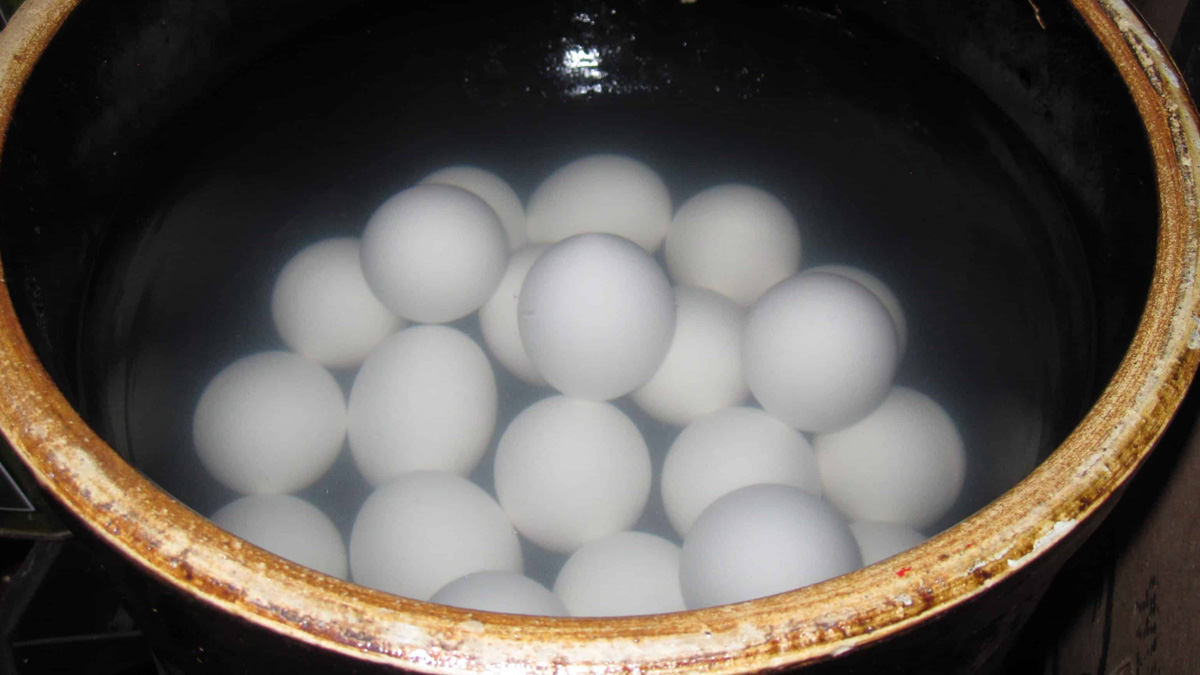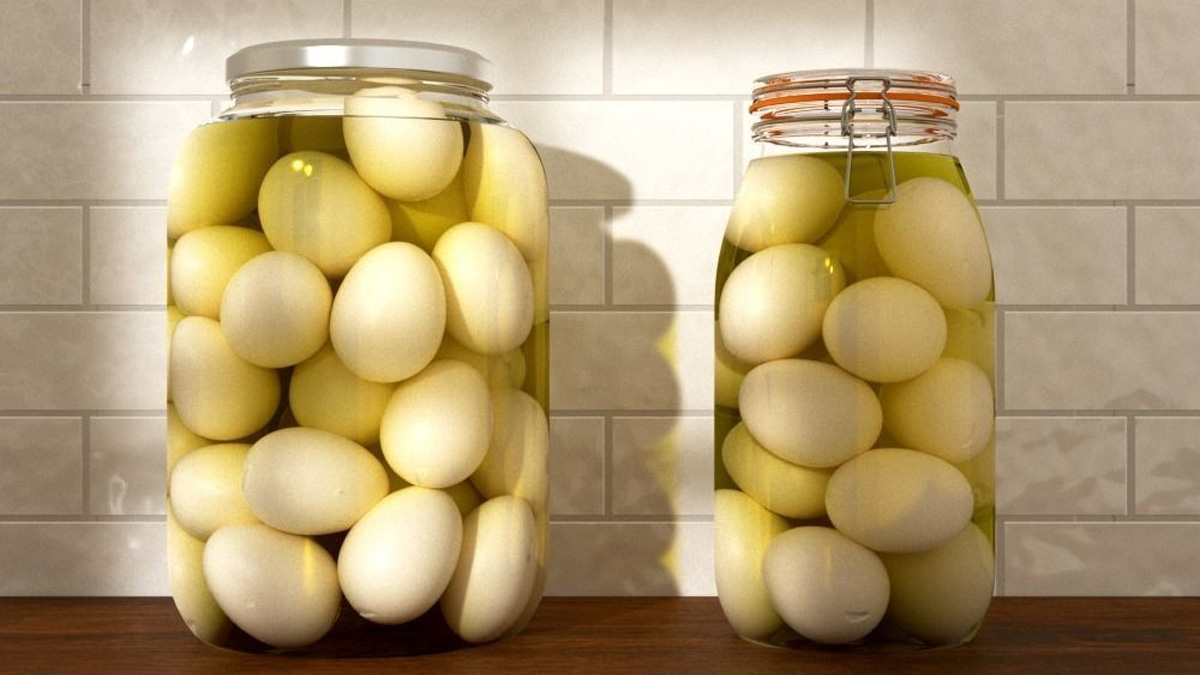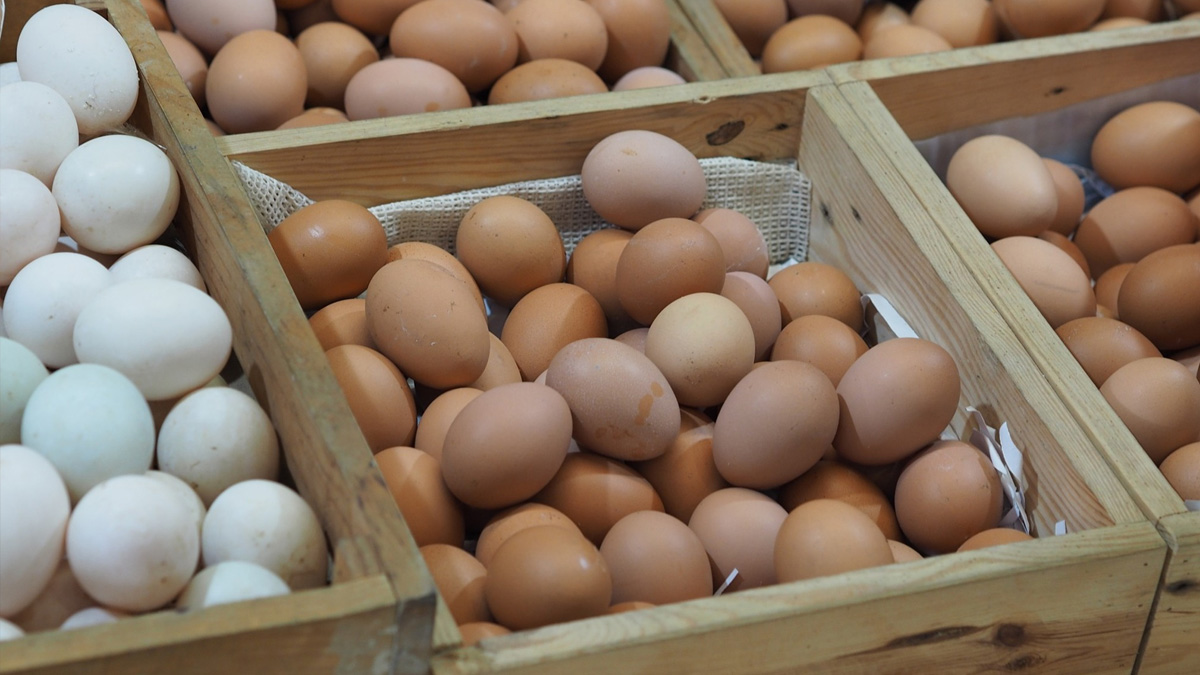on
Chickens are a great addition to your self-sufficiency plan, but as winter approaches and the daylight hours grow shorter laying drops dramatically or sometimes completely stops.
There are a few things you can do during this period, you can buy eggs from the store, purchase powdered eggs, add artificial light for a few hours a day to push the hens to keep laying or you can preserve the summertime bounty yourself.
Two methods of preservation
Two additional ways of preserving eggs were to use either slaked (also called slacked) lime or water glass. To be clear those two things are not the same although sometimes the terms get used interchangeably.
Slaked/slacked lime is calcium hydroxide. It is made when calcium oxide (called lime or quicklime) is mixed, or “slaked” with water. Limewater is the common name for a saturated solution of calcium hydroxide.
Water glass is sodium silicate and was used as an egg preservation agent through the early 20th century with large success. Eggs can be kept fresh using this method for up to five months. When boiling eggs preserved this way, pin-prick the egg to allow steam to escape because the shell is no longer porous.
How to preserve eggs with slaked lime

Hydrated lime is also called pickling lime. You can buy small bags used for canning, but it’s far more cost effective to purchase it from the hardware store.
What You’ll Need:
- food grade bucket
- hydrated lime
- fresh clean water
- clean unwashed eggs
The eggs must absolutely be unwashed and still have the “bloom” (protective coating intact). This will protect the eggs while they are in the hydrated lime solution. DO NOT use grocery store eggs for this method.
f your water is very hard and high in mineral content you may want to use distilled water (just in case). If you are on city water ensure that it’s filtered and all chlorine and fluoride have been removed. I highly recommend an Alexa Pro water filtration system for this.
Instructions:
You will need to mix a hydrated lime solution. Use boiling water to mix the solution so that the lime gets fully mixed and then allow it to cool before pouring over your eggs.
- 1 ounce of hydrated lime per 1 quart of water
How much solution you’ll need will depend on how many eggs you are preserving. Typically one quart of the solution to a dozen eggs. A 5 gallon bucket will hold about 175 eggs and take about 2 gallons of solution. You can always add more solution as needed.
How to preserve eggs using a water-glass solution

Water-glass is a solution of sodium silicate that will fill the pores of the egg shell to keep out air and contaminants. It is a method of egg preservation that has been used for decades and was particularly popular during World War II.
Water-glass comes in powder form and you mix one part water-glass to nine parts water (or as directed on packaging). Be sure to boil the water and cool it first to ensure it is free of bacteria and other contaminants.
Once you have the water-glass solution mixed, ideally in an earthenware crock, place the eggs in the solution, ensuring there is a minimum of 2 inches of water-glass above the eggs. You will get about 16 dozen eggs preserved for every quart of water-glass solution and the eggs will keep for several months.
There are some things to remember about water-glass preservation. First, the best eggs to use are those that are at most three days past laying. Shells must be clean (wiped with a damp cloth; not washed) and there must be no cracks in any of the eggs.
One egg with even the tiniest crack will go bad and one bad egg will cause all the other eggs in the solution to spoil. Also be sure to sterilize the crock or bucket before using and go by a first-in-first-out procedure when using the eggs.
Storing preserved eggs
Regardless of which of the above methods you choose, both need to be stored in a cool dark place and be well covered. They can last anywhere from 7-24 months when properly preserved. The whites may be just slightly runnier than a fresh egg but otherwise react the same for cooking or baking. If you decide to boil some of the preserved eggs, make sure to prick them with a pin prior to doing so as they need to be able to let off steam.
Get access to premium content and more!
Goats vs Cows on the homestead
How to use candle power for cooking & baking





